Vitamin D in the Elderly
Vitamin D!
Vitamin D deficiency is an issue of concern for more than just the elderly. This important vitamin contributes to good health in a number of ways in your body. It helps your body absorb calcium and maintain strong bones and teeth. It also helps to reduce inflammation, builds your immune system, and helps to regenerate cells. All of these areas can be beneficial, especially for the elderly! So, how do we make sure that they are getting adequate amounts of this amazing, life-giving vitamin into their systems?
Start with sunlight!
Look up the most beneficial times of year and day to get vitamin D from the sun in your area. Typically during the summer months our skin can absorb vitamin D from the sun. During those times, be outside, when possible, during the safest parts of the day. Be sure to have exposed skin in order to absorb the rays of the sun, but not for such lengths of time as to get sunburnt.
For people who live in extreme Northern climates, they are very aware of how the lack of sunlight can affect their energy levels, their immune systems and their sleep cycles. Those who work nights and sleep days are also aware of the detrimental affect it has on their lives. It's not surprising, then, that the elderly are a large group of individuals that struggle with a deficiency of this vitamin in their bodies. They are often indoors more than out of doors, have slowing metabolisms and have trouble absorbing vitamins and minerals.
Eat up!
A number of foods are fortified with vitamin D, such as milk, but the best food source of naturally occurring vitamin D is found in cod liver oil. We all know that the stuff is good for us, but some people just can't stomach the taste. If you are one of those people, but would still like to enjoy the benefits of vitamin D from a food source instead of a supplement, try the cod liver oil that is lemon flavored. It is also found in capsules. It may not take away the unpleasant aftertaste, but you should at least be able to swallow it down! You can also try sockeye salmon and tuna as beneficial options.
Supplement!
If you've tried both sunlight and diet and are still having a hard time getting your vitamin D levels up to par, talk with your doctor about supplementing with vitamin D. Be sure not to take too much, as too much vitamin D can lead to vitamin D toxicity. More specifically, vitamin D3 causes hypercalcemia, or excessive calcium levels. After determining the proper amount to supplement, find out if there are other things that can help increase the absorption rates of the supplement. Also look for signs that will assure you that it is helping to improve your deficiency. The benefits from vitamin D are so widespread and diverse, they are certainly worth taking notice. So start today and begin utilizing the natural benefits of vitamin D for yourself and your elderly friends today!

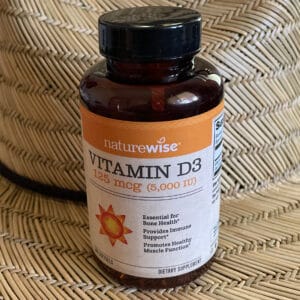
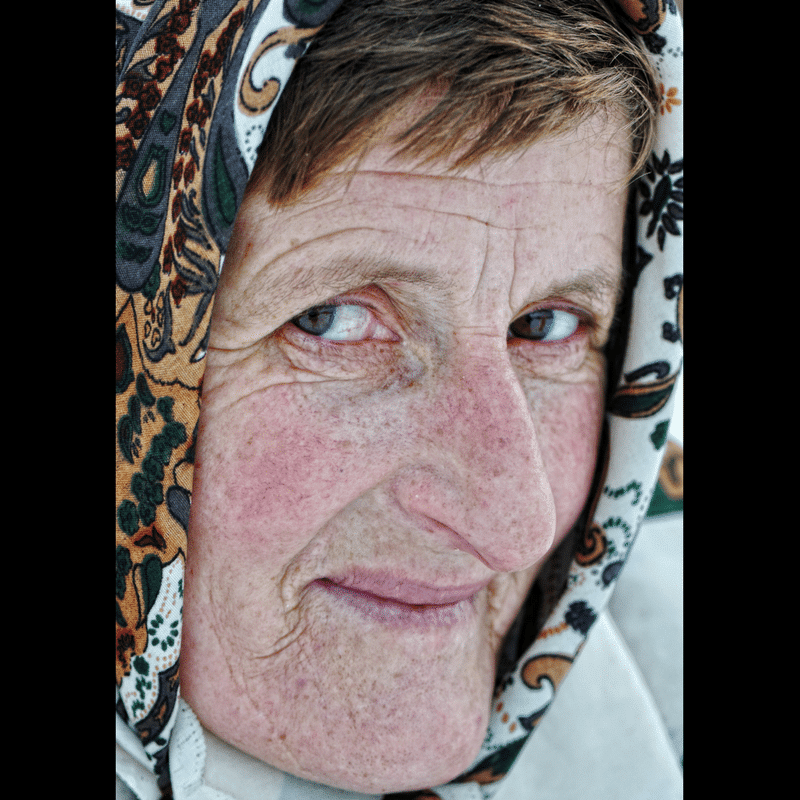


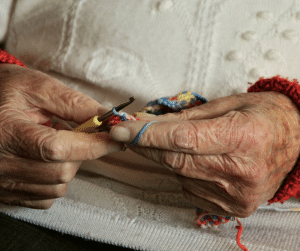

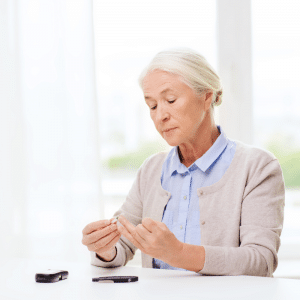
 Our bodies are made of approximately 50% water. It is a well-known fact that in order to keep our bodies functioning properly, we need to constantly be replenishing that supply. On average, we lose about 2-3 quarts of water a day. This can vary depending on the time of the year, your activity level, and if you’re on medications. For seniors, it is especially important to be maintaining good hydration. As we grow older, it becomes easier to forget to drink water, one of the reasons is because our sense of thirst diminishes. Dehydration is actually one of the top reasons that the elderly end up going to the hospital. That’s why it is extremely important for the elderly to drink, drink, drink! Let’s look at more reasons on why drinking water can better your health.
Our bodies are made of approximately 50% water. It is a well-known fact that in order to keep our bodies functioning properly, we need to constantly be replenishing that supply. On average, we lose about 2-3 quarts of water a day. This can vary depending on the time of the year, your activity level, and if you’re on medications. For seniors, it is especially important to be maintaining good hydration. As we grow older, it becomes easier to forget to drink water, one of the reasons is because our sense of thirst diminishes. Dehydration is actually one of the top reasons that the elderly end up going to the hospital. That’s why it is extremely important for the elderly to drink, drink, drink! Let’s look at more reasons on why drinking water can better your health.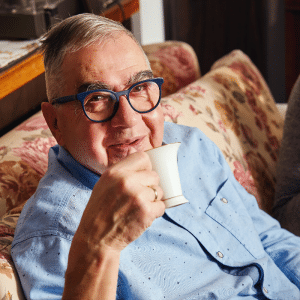
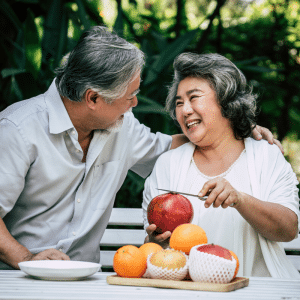

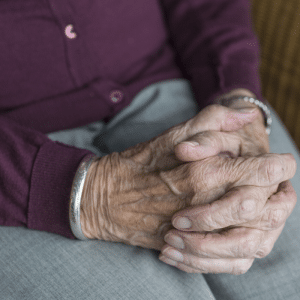
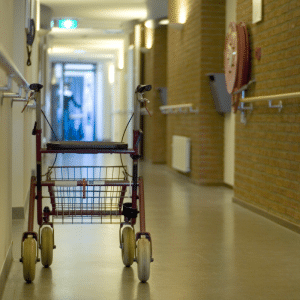

 5. If you’ve never been a church goer, you may not realize the incredible sense of community that comes from being surrounded by those who care. Churches are a great place to cultivate relationships that are long lasting.
5. If you’ve never been a church goer, you may not realize the incredible sense of community that comes from being surrounded by those who care. Churches are a great place to cultivate relationships that are long lasting.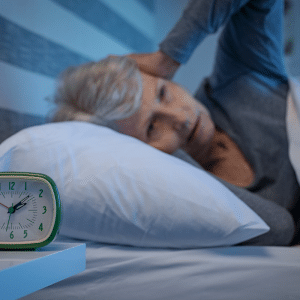

 Adventure is necessary to mental health. Don’t believe me? Why do we read books? Why do we watch movies? There may not be extreme adventures, but there is almost always some bit of adventure that makes the story appealing to us. We love stories, because we long for that adventure, even if we are simultaneously a bit fearful of it.
Adventure is necessary to mental health. Don’t believe me? Why do we read books? Why do we watch movies? There may not be extreme adventures, but there is almost always some bit of adventure that makes the story appealing to us. We love stories, because we long for that adventure, even if we are simultaneously a bit fearful of it.